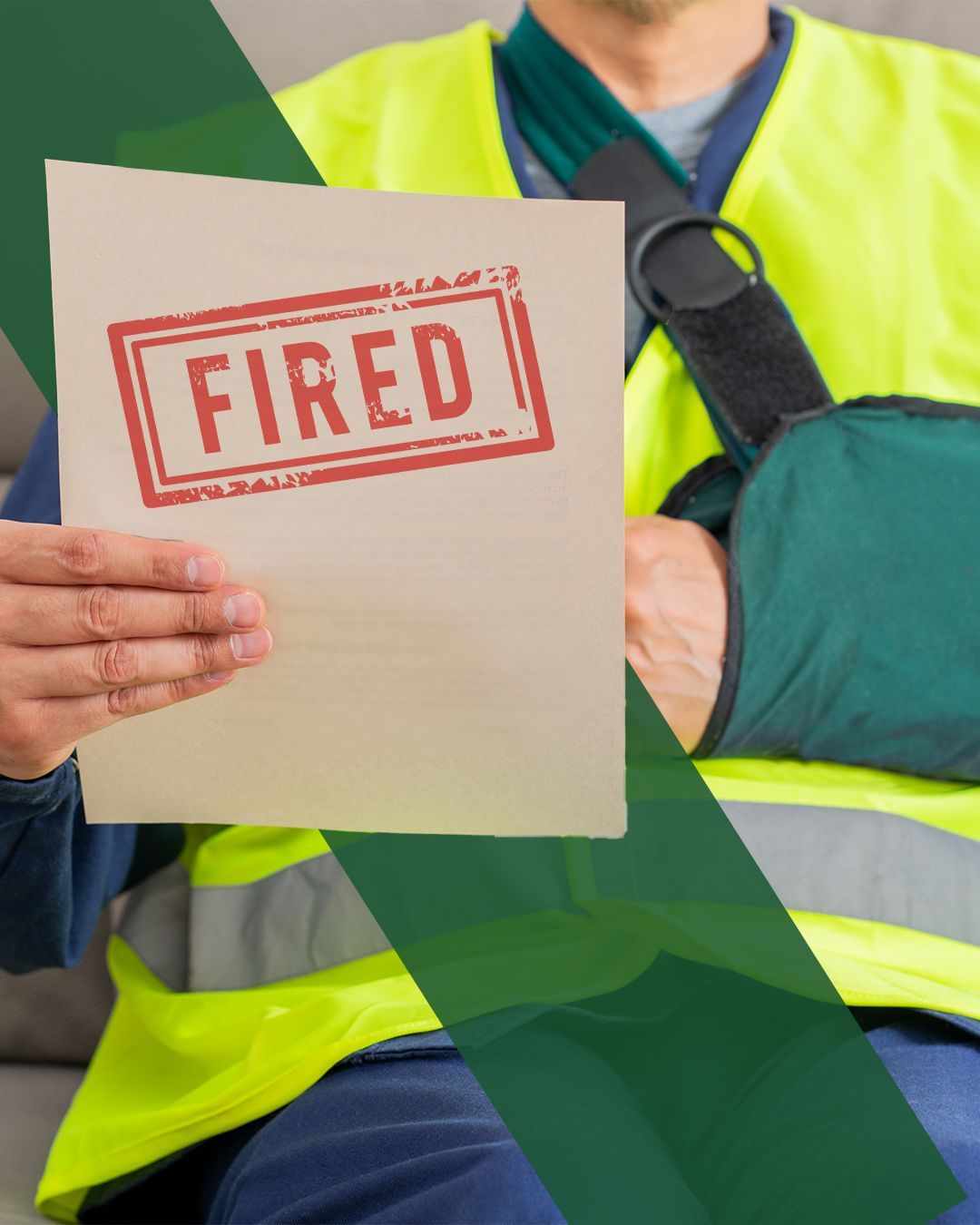Traffic Rules Most Drivers Seem to Forget
Driving safely is up to each driver. To help you keep yourself and other drivers safe on the road, here are some safety rules that many people seem to forget:
Drive With Your Headlights On
Driving with your headlights on is a fairly straightforward rule, but it's one that many drivers forget. If you've just started driving and the poor weather conditions, it can be hard to tell when you need to turn them on. The answer is simple: whenever there's reduced visibility (like fog or rain), you should turn your headlights on.
U-Turns And You
In addition to the usual rules of the road, when you’re executing a U-turn, there are some other factors to keep in mind:
- Before turning, check to ensure no pedestrians or other drivers are in your path. If they are, wait until it’s clear before starting your turn.
- Make sure that no signs prohibiting U-turns are present on the street; if they are, don't proceed with them.
- USE YOUR TURN SIGNAL to help prevent accidents and confusion among other drivers who may not understand what you're doing (or where you're headed).
Roundabouts in The States
Roundabouts are a great traffic-calming tool. They can also be confusing, so following some simple rules are important.
- Ride around the circle in the same direction as other traffic. If you’re going counter-clockwise on your street and see a roundabout up ahead, you should stay in that lane and continue around until you reach your destination—don’t stop to turn right or left into another road at the first opening!
- Stay to the right of the lane when riding through a roundabout. This means that if there is more than one lane for cars coming from different directions (e.g., an entrance ramp or “right hook”), then you need to stay in the middle of your lane until after exiting through another exit ramp or turning into another street; don't cut across other lanes by weaving between them unless necessary.
- Don't pass other vehicles on their right side while they're already inside a roundabout; this would require them to make an unsafe maneuver since they're already within its boundaries.
Use Your Mirrors
It's important to remember this when changing lanes. Before you move over, look at your side mirror, check the field of vision in the blind spot mirror and then look back at your side mirror. This way, you'll have checked that there are no vehicles beside or behind you. Then check again on the other side of your car before moving over. If there is any doubt about whether it's clear to change lanes, stay put!
Rules For Shared Bike Lanes
Shared bike lanes are designed to help you share the road with bicyclists. Obey the following rules:
- Allow bicyclists to pass.
- Don’t park in bike lanes. If you need to stop, get out of your car and onto the curb or sidewalk, where you can safely wait until the traffic clears.
- Do not drive in a shared bike lane if it is not safe for you to see what’s coming up ahead of you on the road—even if there are no cars parked along this section of roadway.
Don't Drink and Drive
No matter how minor the incident, you will end up paying for it. If you find yourself in an accident while under the influence of alcohol, your insurance will be higher than if you were sober. Even if you're not at fault and no one is hurt, your rates may still rise because of that claim on record. The same goes for riding with someone who has been drinking.
Be Alert
You should always be aware of what’s happening in front of you so that if drivers in front of you brake suddenly or lose control of their vehicles, you have time to react.
How do you know if you have enough time to react? There are several ways:
- Drive slower than the speed limit and pay attention to other drivers around you. If they brake suddenly or lose control, they've given up their right-of-way, and it's your turn to react accordingly.
- Make sure that when your tires make contact with another object (like snow), they dig into it rather than bounce off it. This will help prevent skidding out of control on icy surfaces like highways where there may not be much traction available for stopping safely without causing damage to property or injuring people involved in an accident at highway speeds (which tend towards 65 mph).
Stay Safe
You are in control of your safety. This may sound obvious, but a lot of drivers (and passengers) seem to forget this fact. If you're on the road or interacting with other drivers, don't rely on them to behave safely—they may not be paying close enough attention. You should always keep your guard up and remain vigilant while driving or riding as a passenger in a car, even if the other driver appears adept at handling their vehicle. Inattentiveness is dangerous because you won't see what's happening around you until it's too late. Don't let yourself get distracted by adjusting the radio or fiddling with your phone while driving! And if someone cuts you off or speeds past an intersection without stopping for traffic lights, don't give chase—it would be more dangerous for everyone involved than it is worth getting into a heated argument over who was right or wrong about who had right-of-way here
If you or a loved one was involved in a car accident, Slusser Law Firm can help you obtain the compensation you deserve. Contact us today at to schedule a free case consultation.




